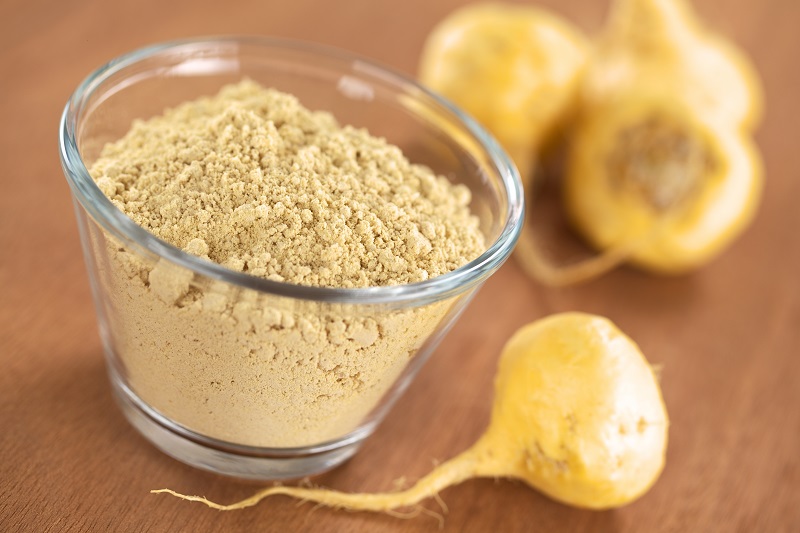Liquid supplement manufacturing is a delicate process. Issues like recipe errors, temperature control, and contamination can destroy batches, resulting in wasted efforts, at best, and safety concerns, at worst.
Manufacturers practice quality control and quality inspection to protect their most critical interests, including:
- Customer safety
- Regulatory compliance
- Customer satisfaction and brand reputation
Is your supplement brand considering a liquid product line?
Whether your team works in-house or contracts with a private label manufacturer, quality control is a top priority.
In the sections below, we’ll discuss the aspects of quality control and quality inspection that safeguard the liquid supplement manufacturing process.
Why Is Quality Control Important for Liquid Supplement Manufacturing?
Quality control in manufacturing refers to a system of procedures designed to ensure that products meet specified quality and safety standards. This includes testing equipment and ingredients, training staff, and maintaining a clean work environment.
Quality control is ongoing, proactive, and a shared responsibility among an entire manufacturing team.
Quality inspection is part of quality control. Inspection involves a close examination of ingredients or finished products to ensure quality and consistency. Inspection is periodic and performed by designated workers at scheduled intervals.
From pre-production ingredient verification to post-production documentation, let’s step through the stages of quality control and quality inspection for liquid supplement manufacturing.
Pre-Production Quality Assessment
Quality control begins before any ingredients are combined. First, ingredients are sourced from reliable suppliers and examined to ensure authenticity. Then, ingredients are tested for purity and potency to ensure that they match recipe specifications precisely.
Along with ingredients, a manufacturing facility and its equipment must be regularly inspected to ensure that the environment is sanitary and all machinery is working properly. Tools and equipment are cleaned, tested, and calibrated before production begins.
In-Process Quality Inspection Procedures
During the manufacturing process, in-line inspection occurs at scheduled intervals to ensure that each stage of the production process is completed successfully. This involves randomly selecting and inspecting individual units. Inspection sampling plans are determined by factors like batch size, ingredient stability, and acceptable quality limits (AQLs).
Inspections may include tests for temperature, pH, and contamination. If an inspected product is faulty, the production team performs additional inspections and corrective actions.
Post-Production Quality Control Measures
After a batch is produced, final product testing occurs. This may include:
- Microbiological testing
- Contaminant testing
- Verification of nutritional label accuracy
- Packaging and labeling inspections
- Integrity checks for tamper-evident packaging
Final inspections ensure that a batch is safe, in compliance with all applicable regulations, and produced in exact accordance with recipe specifications.
Documentation and Traceability
Quality control involves meticulous record-keeping. Manufacturers maintain documents like ingredient records, batch records, quality control reports, and testing results. These detailed records ensure that each product is traceable. This sophisticated level of documentation ensures accountability and transparency and assists with tracking in the event of a product recall.
Proper documentation is also essential for achieving regulatory compliance and earning third-party certifications. Certification labels from bodies like the NSF demonstrate to customers and supply chain partners that a manufacturer is meeting the highest quality control standards.
Continuous Improvement and Quality Assurance
In the ever-evolving supplement industry, continuous improvement is an essential characteristic for leading manufacturers. Nimble manufacturers incorporate new ingredients, respond to changes in customer behavior, and adapt to new regulations without compromising profitability.
To monitor success and identify concerns, manufacturers may undergo regular internal and external audits. Additionally, close coordination along the supply chain line and monitoring of customer satisfaction helps to establish feedback loops.
A quality control feedback loop can be modeled after the PDCA cycle, consisting of these four steps:
- Plan: establish a set of procedures
- Do: carry out the procedures agreed-upon in the “plan” stage
- Check: perform tests, analyze results, and identify room for improvement
- Act: adjust the plan and repeat the cycle
Repeating this cycle involves gathering customer feedback, quality control training for staff, and staying updated with the industry’s latest best practices, standards, and innovations.
Upgrade Your Liquid Supplement Brand to a Higher Quality Standard
Excellent quality control is essential for manufacturing high-quality products and building trust with consumers.
At Yellow Emperor, next-level quality control is at the heart of our operations. We’re a Certified Organic Processor with an A+ NSF rating and decades of experience focused strictly on liquid manufacturing.
To discuss a private label partnership that prioritizes safety, quality, and white glove service, contact Yellow Emperor today.







